Is it normal for my dog to snore?
This symptom can be a one-off symptom or indicate a health problem in your pet.
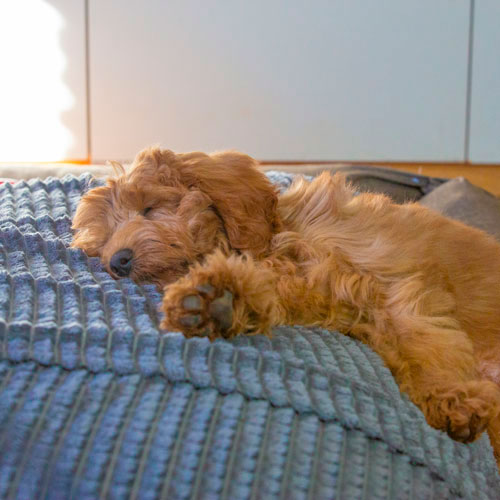
WHY DO DOGS SNORE?
Approximate reading time: 6 minutes
Barking, whining, growling... and, yes, snoring too. Dogs are capable of making different sounds that they use to communicate with us. If you've ever heard your dog snoring in his sleep, it's probably normal. As with some people, occasional snoring can occur if the nasal passages are dry, irritated or occasionally blocked.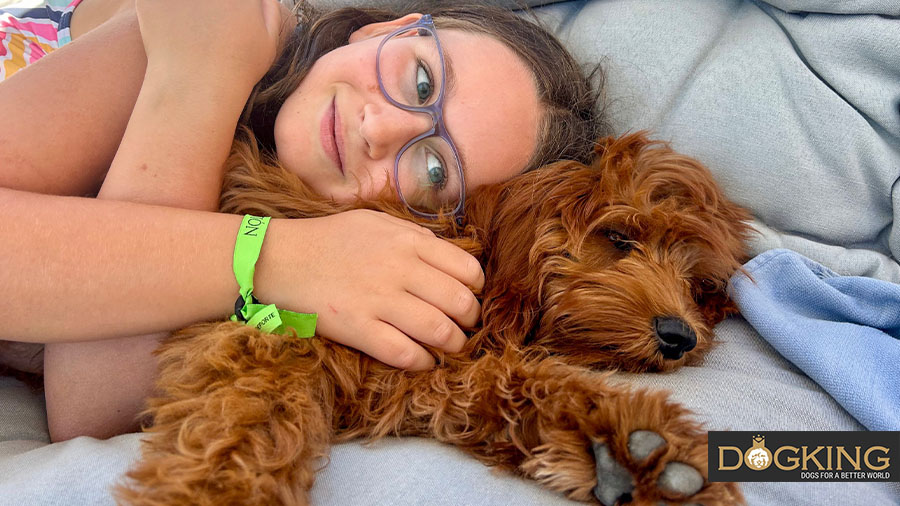
However, if your dog snores too much, even when awake, and has suddenly started to do so, you should consult your vet, as there are a number of health problems that cause snoring in dogs. Let's see in which cases it is normal for your dog to snore and in which cases you should take him to the clinic.
Table of contents
- How to prevent your dog from snoring?
1. My dog snores while sleeping
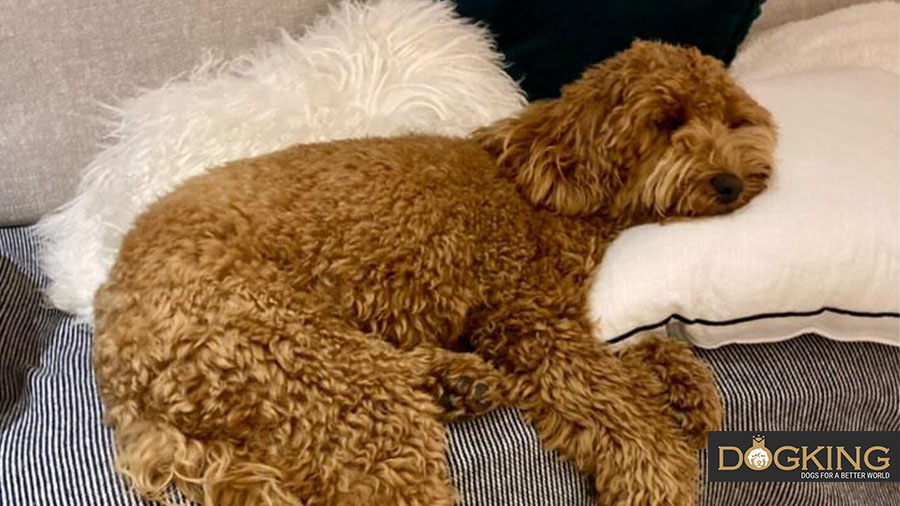
Watching a dog sleep can be quite a spectacle. Sometimes, deep in sleep, they begin to move their hind legs as if they were running, cry, open and move their eyes, etc. Not to mention the snoring they let out from time to time. Has it happened to your furry friend?
If you hear your dog snoring while sleeping, check the posture, as they may be curled up in a way that obstructs the airway in the nose. This difficulty in air passage is what causes the sound of snoring. In this case, try changing your pet's position. If the snoring disappears, you now know what caused it.
2. My dog snores when I pet them
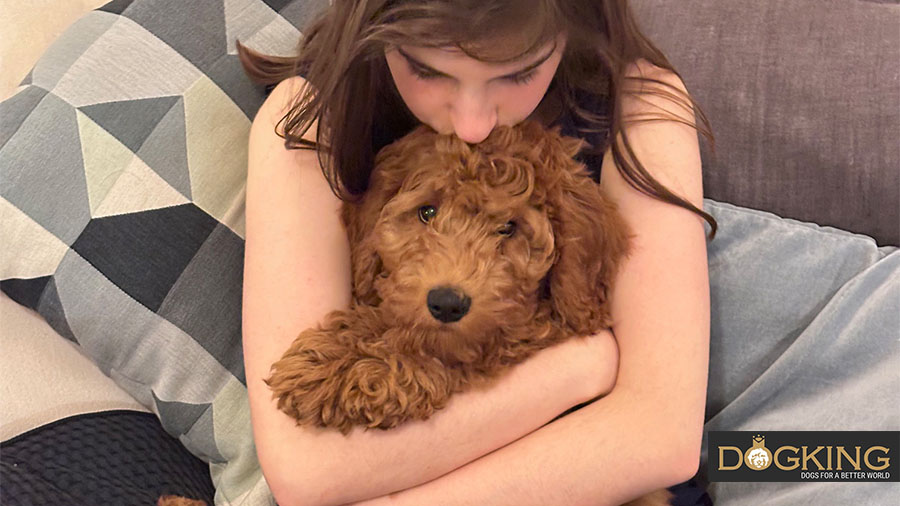
Another benign and very adorable reason why your dog snores is pleasure. Yes, as you heard: your furry friend can make soft snores of pure pleasure when you stroke them and cuddle them.
If they only snore in that moment, don't worry, it's totally normal and a very good sign: it means they trust you and feel very happy and relaxed around you.
3. Brachycephalic syndrome
Brachycephalic dog breeds, such as the pug, chow chow or bulldog, have, due to their anatomy, more compressed airways, so it is normal for them to snore both asleep and awake.
Snoring is inseparable from these animals, although some dogs snore more than others. This is due to the flat shape of the snout, which gives rise to different congenital peculiarities such as nasal stenosis or elongation of the soft palate.
To prevent them from suffering and becoming too short of breath, you must avoid exposing them to heat and not perform overly intense exercise. With age, the snoring of brachycephalic dogs usually increases, but if you detect mucus in your dog's nose or apnea (pauses) in breathing, you should consult your veterinarian.
4. My dog snores when walking
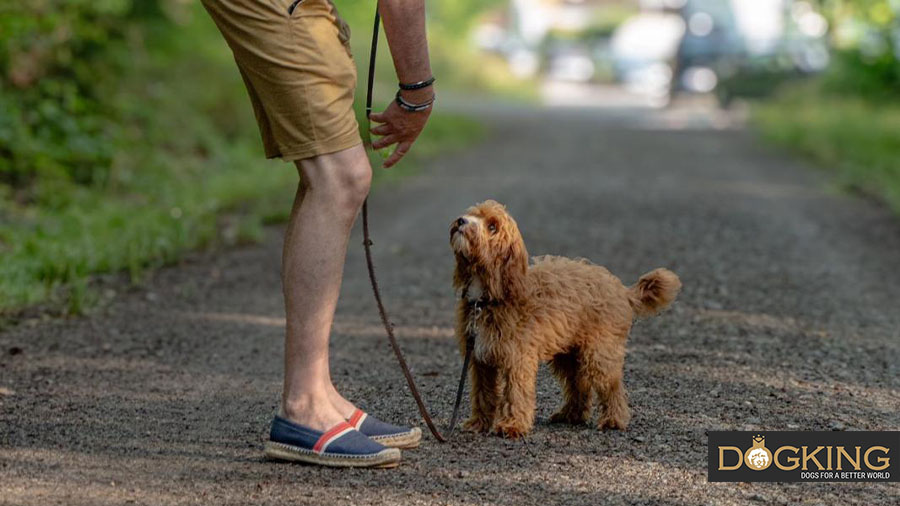
If your dog makes small snores during walks, check how you are using the leash. Perhaps the collar is too tight and makes it difficult for air to pass through. Or it could be that you are straining the leash or pulling.
Remember that during outings with your dog you must adapt to their pace. It is advisable that your pet learns to walk calmly next to you from a puppy to prevent them from constantly stopping or going too far ahead of you, but you should also adapt and not go too fast, since you will only pull on the leash and exhaust your dog.
5. Snoring due to foreign bodies in the nose
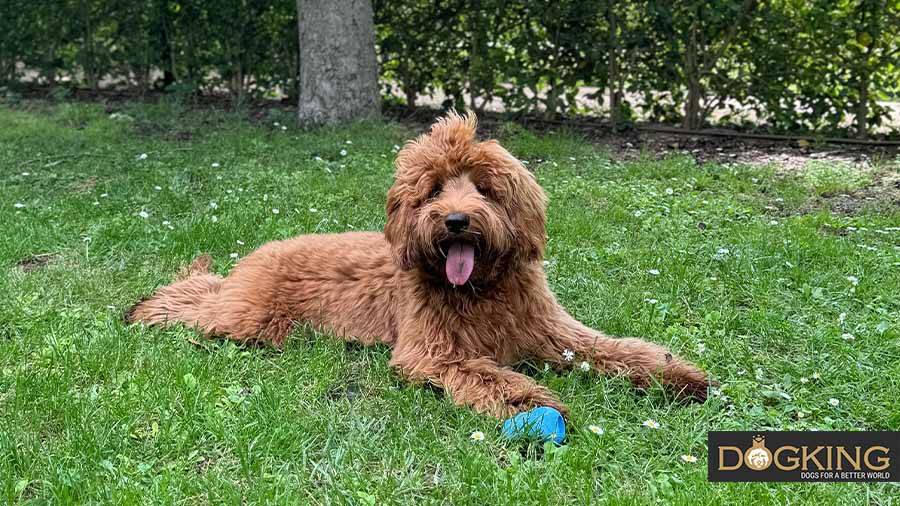
If an unwanted object has accidentally ended up in your dog's nose, you will notice that they snore when breathing. This snoring usually appears suddenly, and is due to small elements, such as pieces of grass or burrs, that get stuck in the animal's airways, partially preventing the passage of air.
They are usually accompanied by sneezing, and you will see that the dog rubs its paw against its muzzle to try to relieve its discomfort. If the object remains in your dog's nose for too long, it can cause an infection, which will cause a runny nose.
In these cases, you should take your dog to the vet to safely remove the foreign body. Unless this object is sticking out of your dog's nose and you can easily remove it, it is best not to try to remove it yourself.
6. Respiratory tract conditions
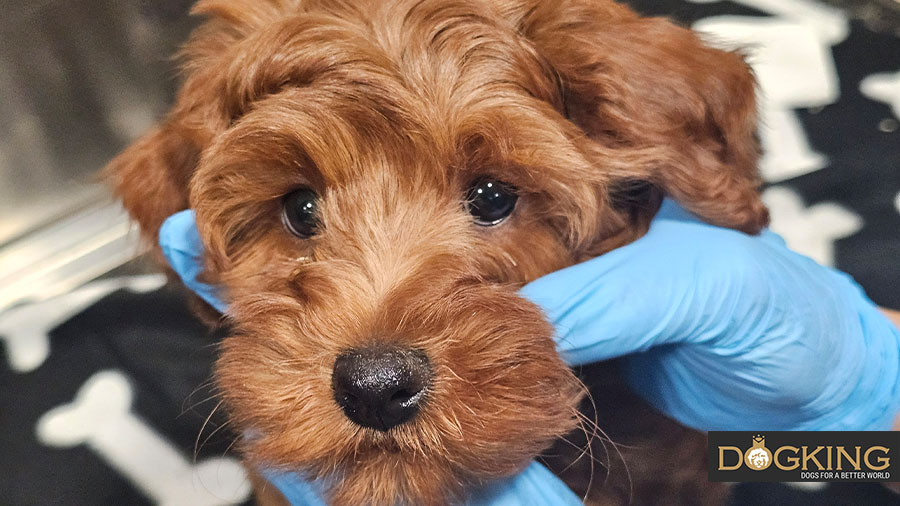
Some diseases related to the respiratory tract can cause snoring in dogs. If mucus proliferates in your furry friend's nasal cavity, whether due to rhinitis, allergies, colds or more complicated viruses such as kennel cough, air will have difficulty passing through, causing this characteristic noise.
Other associated symptoms are usually discharge from the eyes, apathy or vomiting. If you suspect that your dog is sick and snoring, take them to the vet for an evaluation.
7. Polyps and tumors in the nose
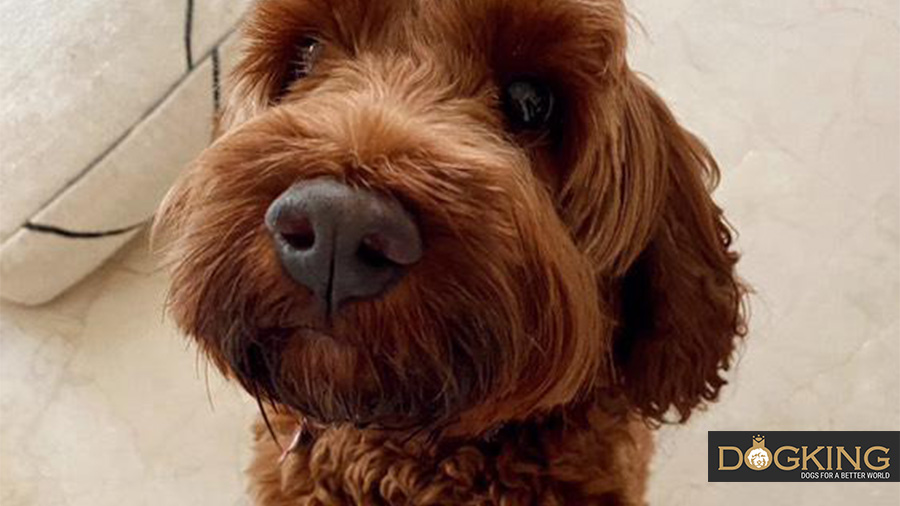
Nasal polyps in dogs are small benign lumps that grow on the mucosa of the nose, obstructing the passage of air and causing snoring. These polyps should be evaluated by the veterinarian, since in some cases they grow too much and must be removed by surgery.
If your dog has bleeding through the nose, it is urgent that you take them for a consultation, since some animals get tumors in this area. This problem is usually more common in older dogs and in some breeds, such as basset hounds, bobtails, and German shepherds.
How to prevent your dog from snoring?
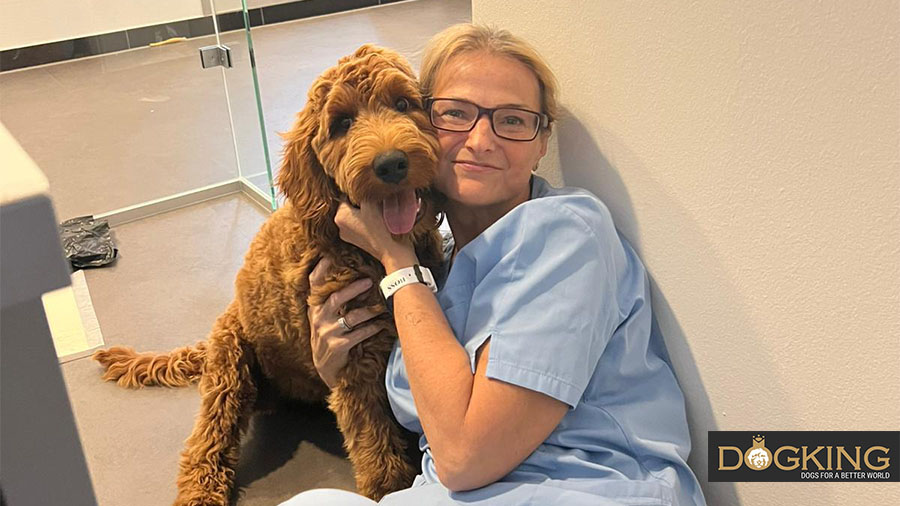
Dog snoring can occur for different reasons, but these tips will help you avoid it in general:
- Check your dog's nasal passages regularly and clean them with saline often.
- Avoid exercise that is too intense and strenuous.
- Prevent obesity in your dog with an adequate diet and sufficient physical activity.
- Do not expose to very high temperatures.
- Do not pull on the leash during walks.